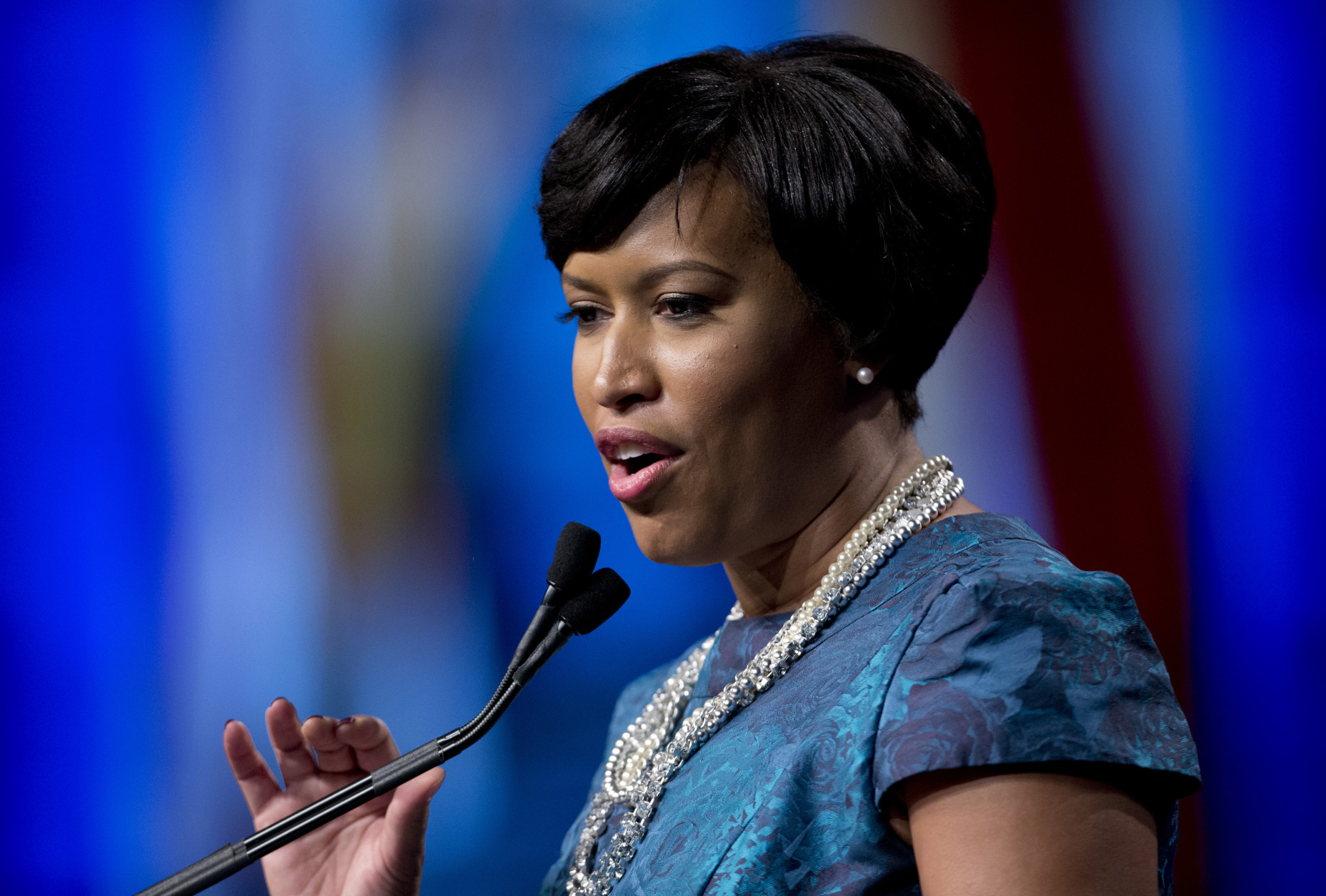
Mayor Bowser’s proposed fiscal year (FY) 2018 budget makes important investments to protect the incomes of vulnerable families with children and to help DC residents cope with rising housing costs.
At the same time, the budget reflects a missed opportunity to work towards the mayor’s stated goal of “inclusive prosperity,” by not making sufficient investments to ensure that all residents benefit from the city’s growing economy or to help residents who have been negatively affected by DC’s growth. The ability to make these investments was limited by $100 million in tax cuts included in the budget. The tax cuts were “triggered” by a policy was adopted in 2014. But Mayor Bowser could have used the budget to delay the tax cuts in FY 2018, which would have freed up $100 million to invest in schools, housing and other needs. Unfortunately, she chose to move forward with all of the tax cuts.
Some highlights of the budget include:
- TANF: The proposed budget allocates funding to protect DC’s most vulnerable children from losing cash assistance and permanently resolves long-standing concerns with the TANF time limit, a problem that has confounded the District for years. The new policy would ensure that parents facing economic hardship always have resources to meet their children’s basic needs.
- Homeless Services: The mayor’s budget makes new investments to continue funding the Homeward DC plan, the 2015 strategic plan to make homelessness in the District rare, brief, and non-recurring. Yet given the tremendous scale of this problem, the budget fails to make the progress needed to meet these goals.
- Housing: The budget proposes $100 million for the Housing Production Trust Fund for the third year in a row, and creates a new housing tool to preserve existing affordable housing (with $10 million). But it provides no additional resources for rental assistance, the housing tool that is needed to make housing affordable to the poorest families.
- Education: Limited new funding for PreK-12 education does not accomplish the level of investment DC ought to be making in all student’s potential, and it particularly shortchanges the resources low-income students deserve. The proposed 1.5 percent increase in per-pupil funding for public schools falls far short of what schools need to prepare all students for success.
- Child Care: While the mayor’s budget includes a child care initiative that will notably expand access to market-rate seats, it does nothing to improve access to affordable, quality care for low-income families.
- Job Training and Education: The proposed FY 2018 budget creates a new “Washington DC Infrastructure Academy,” located at the St. Elizabeth’s East Campus, which will provide job training in the infrastructure industry, including the utility, energy efficiency, transportation, and logistics sectors. The proposed FY 2018 budget fails, however, to extend the Kids Ride Free program to all adult learners and re-engaging youth in the District, despite evidence that transportation costs keep many students from attending class regularly and a recommendation by the Deputy Mayor for Education to offer free public transportation to students in adult education.
- Paid Family Leave and other Job Protections: The proposed FY 2018 budget fails to provide the funds needed to help secure an IT program and other start-up costs for DC’s paid family and medical leave program, delaying its implementation. The budget also fails to fund other legislation adopted in 2016 to protect workers.
- Health: The proposed FY 2018 budget leaves in place rules adopted in 2011 that have made it hard for eligible residents to maintain their health coverage through DC’s Healthcare Alliance program—which largely serves immigrants—and that have led to a large drop in participation. The budget provides some new funding to address opioid addiction but largely fails to address low payment rates for mental health services that limit the ability of residents to get needed care.
